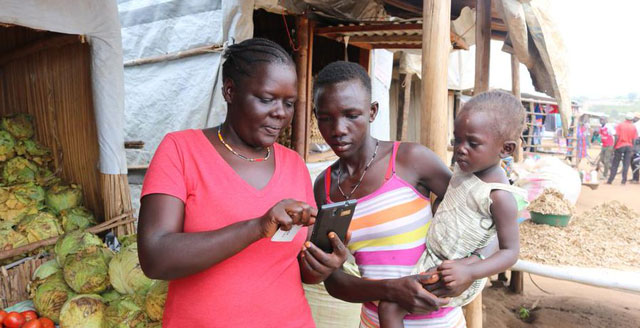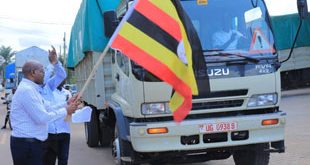
Kampala, Uganda | THE INDEPENDENT | Mobile phone-based payments for goods and services in Uganda remain low relative to subscriber numbers, a situation service providers say must be tackled to drive the cashless economy.
While the country boasts more than 30 million mobile phone subscriptions, just about 20 million subscribe to mobile money platforms, and a far smaller number use their mobile wallets to pay for goods and services.
For MTN Uganda, which accounts for half of the mobile money market, 11.2 million out of the total 18 million subscribers have an active mobile money account.
However, only 700,000 use their accounts to pay for goods and services in a month, according to Albert Gitta, MTN Mobile Money Uganda Limited Chief Technical and Information Officer.
He says they are now becoming more aggressive to ensure that more Ugandans avoid using physical cash whenever possible.
Many Ugandans receive money on the phone and immediately go ahead to cash it out for easy spending, which increases the cost of transactions because of the withdrawal charges and the respective government taxes.
The company has now launched a 12-week countrywide campaign dubbed “Pay with Momo”, enticing both merchants and customers to use the platform for payments, offering cash worth 800 million Shillings and 60 motorcycles.
For every payment worth at least 5,000 Shillings, a customer will earn a point, and on accumulating 10 points, they will receive a cashback of 10,000 shillings, while this will be doubled when a customer uses the MoMo app to transact.
In comparison, Kenya, which has 36 million mobile phone subscriptions has 30 million active mobile money accounts, according to M-Pesa, a platform that controls 95 percent of the market there.
This is also helped by the more than 400,000 merchants across the country. Gitta said anybody who has a service to offer or goods to sell is a merchant, however small, including boda-boda operators, local shop owners, and others.
Gitta admits that the high charges on mobile money services in Uganda are also hindering the financial inclusivity drive, which mainly targets the unbanked populations.
He said the private sector companies will continue to negotiate with the relevant government authorities to ensure lower costs of using mobile money services so as to make the industry more attractive to Ugandans.
*****
URN
 The Independent Uganda: You get the Truth we Pay the Price
The Independent Uganda: You get the Truth we Pay the Price


